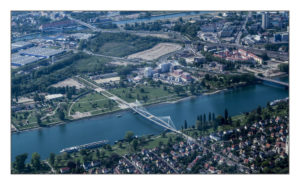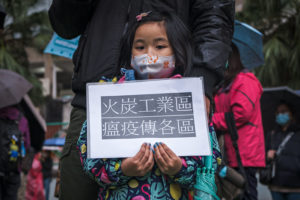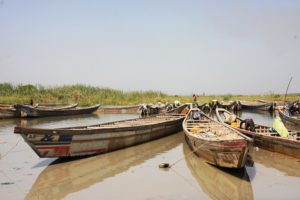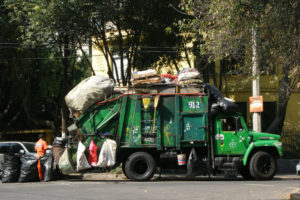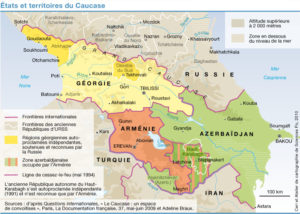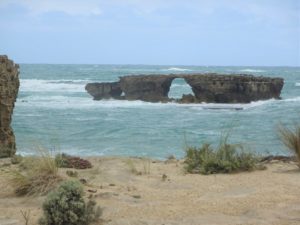Letter from La Vigie n° 143 of 27 May 2020

MBS, the squanderer
Mohamed ben Salman, Crown Prince of Saudi Arabia and de facto master of the country to an extent unrivalled since his grandfather, founder of the dynasty, exercises power in an authoritarian manner, convinced that the country must be radically reformed. The results are hardly convincing, especially for his calamitous foreign policy, to the extent that he gives the feeling that he has made his country more fragile than prepared for the future.
To read the article, click here.
Religion as a strategic factor
While some considered that the religious fact would become marginal in the 21st century, the importance of religion remains paramount in many countries; it is therefore a strategic factor not to be neglected.
To read the article, click here
Lorgnette: Open skies closing in
President Trump recently announced that his country will withdraw from the Open Skies Treaty in six months. This follows the withdrawal from the INF Treaty (LV 112) with the same type of argument (it is the Russians’ fault) and the same calculation: to find room for manoeuvre against the Chinese and above all to disengage from any arms control system. For the American President, he belongs to the old and multilateral world that hinders the freedom of the United States (cf. the withdrawal from the nuclear agreement with Iran, LV 95).
For once, the Europeans are not happy… Eleven countries, including France and especially Germany, officially regret the American decision and declare to remain in the treaty (as does Russia). The Alliance is under strain. Eyes turn to the latest arms control treaty, New Start, which expires in 2021. The Americans would like to include the Chinese who do not see the point.
The Europeans can either preserve the European strategic theatre with local negotiation (assuming Moscow is willing to do so and Washington does not stand in the way), or follow the Americans in a general negotiation with Russians and Chinese, but where they would have little weight.
JOCV
Subscribers: click directly on the links to read online or download the pdf number (here), always with your login/password. New reader: read the article in the issue, by clicking on each article (2.5 €), or by subscribing (discovery abo 17 €, annual abo 70 €, orga abo 300 € HT): here, the different formulas.
Photo credit : U.S. Department of State on Visualhunt.com

